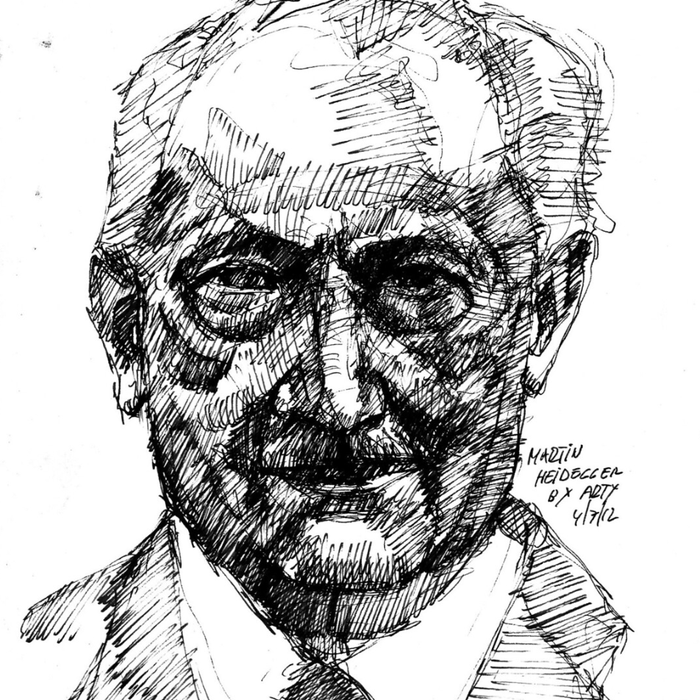Classical German Philosophy and its Rediscussion between the 19th and 20th century
Research
-
- AI4CH
- Interdepartmental Research Center on Ancient Medicin (RIMA)
- Interuniversitary Center for Hungarian Studies and for Studies on Central and Eastern Europe (CISUECO)
- Center for Audiovisual Research and Processing (CREA)
- Screenplay Research Center
- Research Center for Languages and Their Applications (CERLA)
-
- Piano Strategico di Ateneo
- Dipartimento di Eccellenza
- Archivi biblioteche edizioni
- Digital Humanities e Intelligenza artificiale
- Ricezione, memoria, storia del pensiero e della società
- Nuove tecnologie per i beni artistici, architettonici, archeologici e monumentali
- Polo Media Lab
- Territorio, formazione, società
- Research
- Research Highlights
- Philosophy
- Classical German Philosophy and its Rediscussion between the 19th and 20th century

Philosophy
Classical German Philosophy and its Rediscussion between the 19th and 20th century
Coordinator: Prof. Simone Furlani
Philosophy
Classical German Philosophy and its Rediscussion between the 19th and 20th century
Coordinator: Prof. Simone Furlani

The resumption and rediscussion of Idealism and Transcendental Philosophy between the 19th and 20th century bring to light a brand new way of understanding the link between reflection and difference, between an investigation on the conditions of the possibility of knowledge and a reality which seems to be irreducible to reason. A thinker such as Emil Lask, for example, elaborates a system capable of answering to the complexity of our contemporary world rejecting, however, every form of foundation and fundament. In this sense, a perspective arises, which contemporary thinking (starting from Heidegger) is bound to deal with.
Picture: Arturo Espinoza – CC BY 2.0




